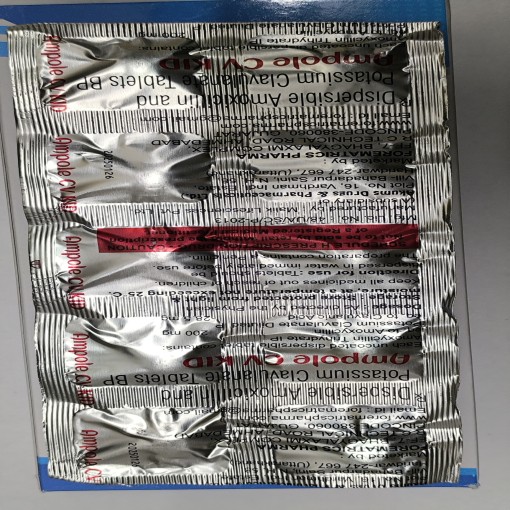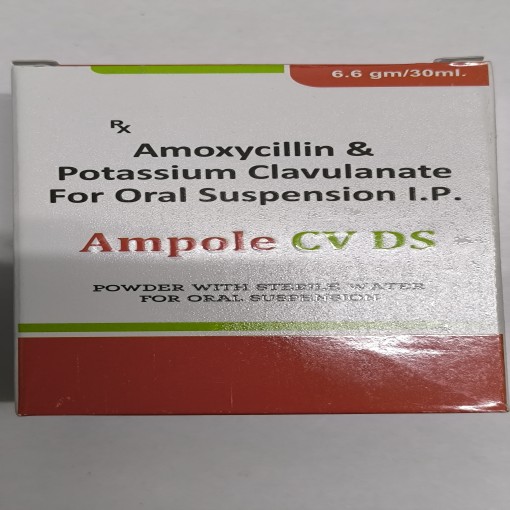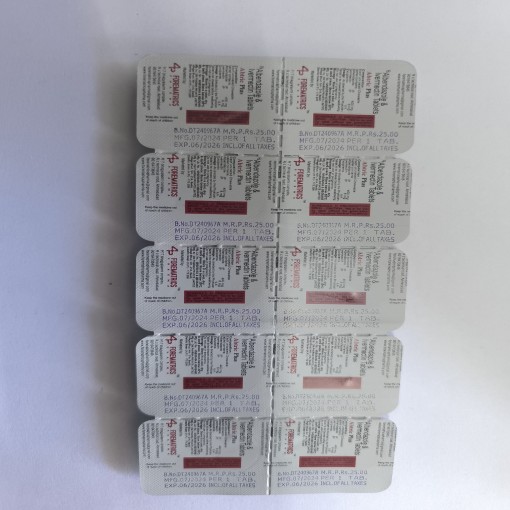ITRACONAZOLE
ITRACONAZOLE
Itraconazole is used to treat serious fungal or yeast infections. Itraconazole oral solution is only used to treat oropharyngeal or esophageal candidiasis (thrush, oral thrush). Itraconazole capsule is used to treat fungal infections, such as aspergillosis (fungal infection in the lungs), blastomycosis (Gilchrist’s disease), or histoplasmosis (Darling’s disease). Sporanox® capsule is also used to treat onychomycosis (fungal infection in the fingernails or toenails). Itraconazole tablet is only used to treat onychomycosis of the toenails. This medicine works by killing the fungus or yeast and preventing its growth.
This medicine is available only with your doctor's prescription.
This product is available in the following dosage forms:
In deciding to use a medicine, the risks of taking the medicine must be weighed against the good it will do. This is a decision you and your doctor will make. For this medicine, the following should be considered:
Tell your doctor if you have ever had any unusual or allergic reaction to this medicine or any other medicines. Also tell your health care professional if you have any other types of allergies, such as to foods, dyes, preservatives, or animals. For non-prescription products, read the label or package ingredients carefully.
Appropriate studies on the relationship of age to the effects of itraconazole have not been performed in the pediatric population. Safety and efficacy have not been established.
Appropriate studies performed to date have not demonstrated geriatric-specific problems that would limit the usefulness of itraconazole in the elderly. However, elderly patients are more likely to have temporary or permanent hearing loss or age-related kidney, liver, or heart problems, which may require caution and an adjustment in the dose for patients receiving itraconazole.
There are no adequate studies in women for determining infant risk when using this medication during breastfeeding. Weigh the potential benefits against the potential risks before taking this medication while breastfeeding.
Although certain medicines should not be used together at all, in other cases two different medicines may be used together even if an interaction might occur. In these cases, your doctor may want to change the dose, or other precautions may be necessary. When you are taking this medicine, it is especially important that your healthcare professional know if you are taking any of the medicines listed below. The following interactions have been selected on the basis of their potential significance and are not necessarily all-inclusive.
Using this medicine with any of the following medicines is not recommended. Your doctor may decide not to treat you with this medication or change some of the other medicines you take
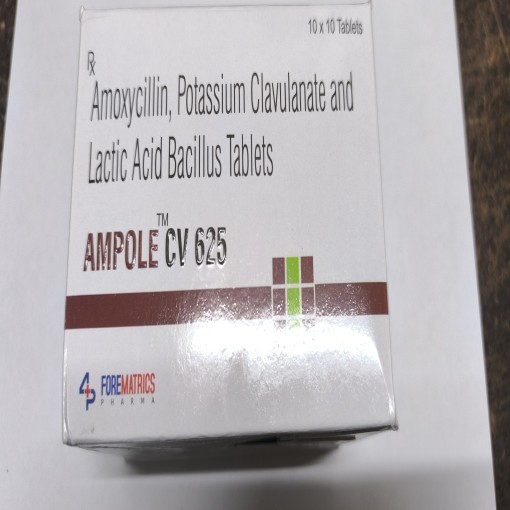
CORAL CALCIUM+CALCITRIOL +VIT K2-7+METHALCOBALAMIN+Pyridoxal-5-phosphate + L METHYLFOLATE+ BORON +EPA +DHA+LYCOPENE
more
TAURIN +CAFFEINE +L CARNITINE + INOSITOL + GINSENG + NICOTINAMIDE + ZINC + LYCOPENE + VIT. B6 +FOLIC ACID +METHALCOBALAMINE
more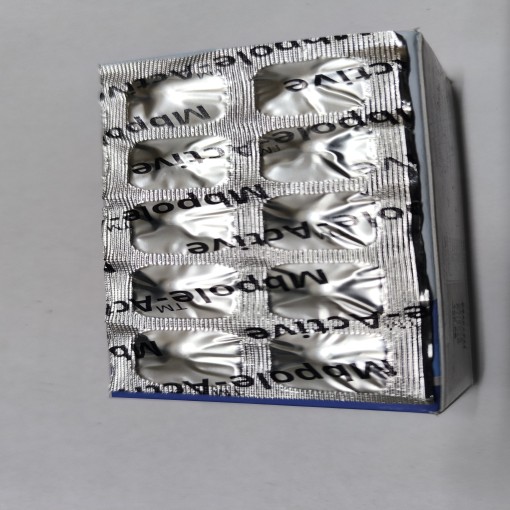
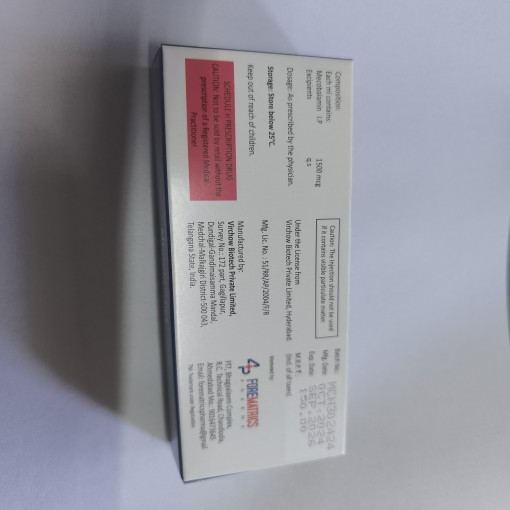
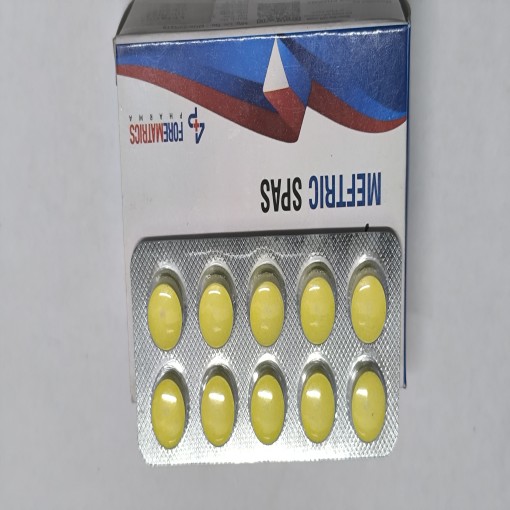
METHALCOBALAMIND +FOLIC ACID +NIACINAMINE + ALA+ PYRIDOXINE +VIT. D3 +VIT. C + ZINC + CROMIUM +CALCIUM +BIOTIN +THYMINE + MAGNESIUM
moreMETHALCOBALAMIND +FOLIC ACID +NIACINAMINE + ALA+ PYRIDOXINE + ZINC + CROMIUM +CALCIUM +BIOTIN +THYMINE + MAGNESIUM
more

